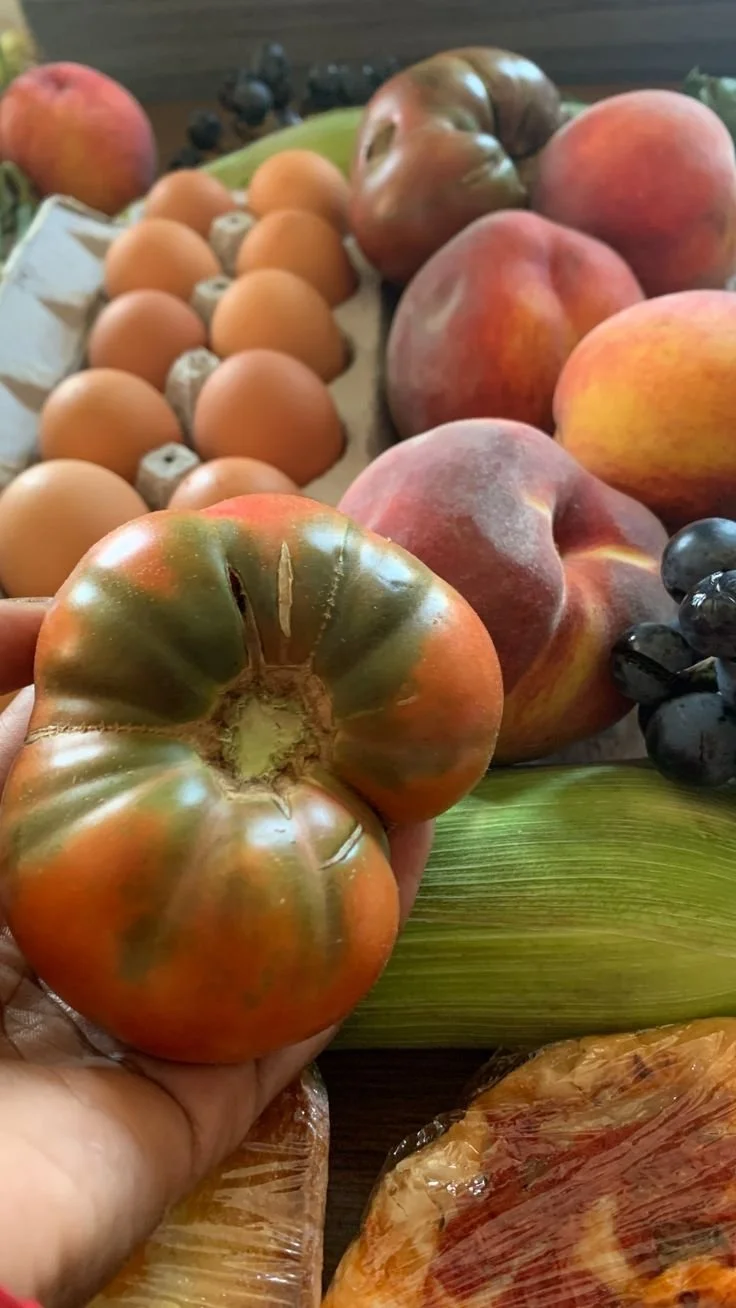In this episode, I'm sharing the tips first-time gardeners need to know, and how to start a vegetable garden, raised bed garden, herb garden, or kitchen garden without breaking the bank. These easy gardening tips and gardening hacks that'll make your life easier. Follow theBriGarden on Instagram, and listen to Bri Books on Apple Podcasts, Spotify and SoundCloud.
#1: Identify your USDA hardiness zone.
The USDA hardiness zone map is “the standard by which gardeners determine which plants will thrive in a certain location.” When you’re considering starting a garden, consider what plants and gardens are hardy to where you’re based. Once you ID your zone, you can select plants that’ll thrive in your area. I’ll include maps for San Francisco, NYC, DC, Houston, Philadelphia, Columbus, Chicago, San Diego, Detroit, and Atlanta gardening zones on the Bri Books Instagram and newsletter.
#2: Find your sunspots.
Knowing where the sun will be in the sky relative to where your plants are growing is crucial to gardening. Here’s how to identify North, South, East, and West: First, point your left arm towards the sun in the morning. Now, take your right hand and point it toward the west (stretch arms like you’re giving a hug.) You’re now facing south, and your back is facing north. Mind blown!
#3: Find out your frost date.
The first frost date is the first day you can expect a 50-50 chance of frost, and the last frost date is the final day you can expect a 50-50 chance of frost. The first frost typically occurs in mid-to-late November, and last frost is often towards the end of March. Of course , the frost date varies around the world. What’s important to know is how many weeks you have until your frost date is upon you. Find the frost dates at almanac.com, and then count backward how many weeks you have remaining until that day. That’s essentially the number of weeks you have left in your traditional summer-autumn season. However, that doesn’t mean it’s too late to get crops going for fall/winter, but consider the frost date as your calendar deadline of sorts.
#4: How to pick good soil and seeds.
When it comes to picking good soil for starting a garden, choose soil that’s specifically designed from seedlings. If you’re starting a garden from scratch, you’ll want to start with a soil that’s nutrient-rich, retains moisture, and helps plants develop the roots they need to survive. I recommend beginning with a seedling mix like Black Gold from Sun Gro, or Epsoma Seed Starting Potting Mix. Give your plants a chance! In the same vein of seeds, there are so many places you can shop. I’ll name a couple I’ve turned to consistently over the years. The first is Botanical Interests, a company I’ve been celebrating for over 5 years now. They have a great selection of heirloom, organic, and conventional seeds. I haven’t had a single germination issue with a variety I’ve picked up. In terms of the quality of the product, it’s top-notch. The second resource I love for seeds is CaliKim Garden and Home. She has a great selection mix. A lof the mixes are good if you want to place one order and get a half dozen crops at your doorstep. She does inventive seed collections (themed, salsa collection, seeds of the foods you love to buy and eat, curated by Cali to be the most productive and useful to gardeners getting started. I’d also recommend Uncle Jim’s Worm Farm! They sell all the worms that are great for composting and adding overall health to your garden.
#5: Pick the best short-term and long-term containers for your plants.
Keep vertical growing in mind when it comes to space. Here’s a growing tower/ multi-tiered planter that I like for growing green leafys, roots, and flowers. A great beginning seed container is an egg carton, and also fruit cartons.
Gardening Q&A #1: How do you harvest herbs to keep them growing?
Gardening Q&A #2: Do herbs grow better on a balcony or indoors?
Gardening Q&A #3: My gardening story/ what inspired me to start a garden?
Gardening Q&A #4: How do I become a good plant mom?


